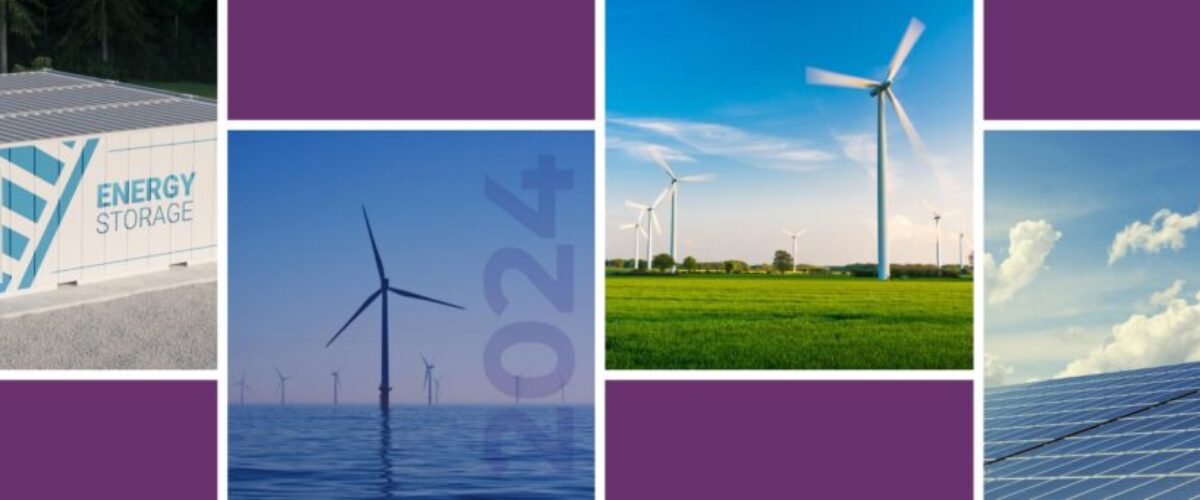Background
In February 2024, we engaged with renewable energy companies across Europe to explore how decision-making during the development phase affects construction, operations, and maintenance. As the renewable energy sector expands and incidents and failures increase, this is becoming a vital focal area.
We aimed to identify the correlation between adverse events during the asset lifecycle and choices made earlier in development.
The study, conducted by ARMSA Academy with the support of Vattenfall’s UK onshore development team, interviewed 33 professionals in solar, wind, and battery storage. It’s findings may challenge your current development strategy.
Here’s the wake-up call: Despite two decades of industry growth, the success of renewable megaprojects is far from guaranteed. But why?






